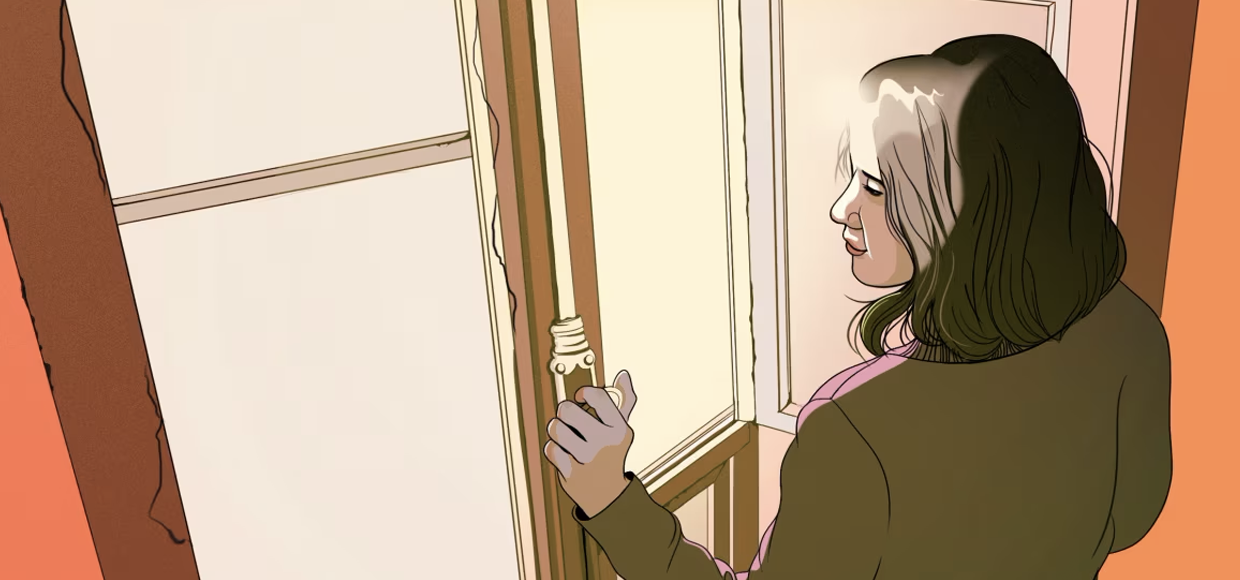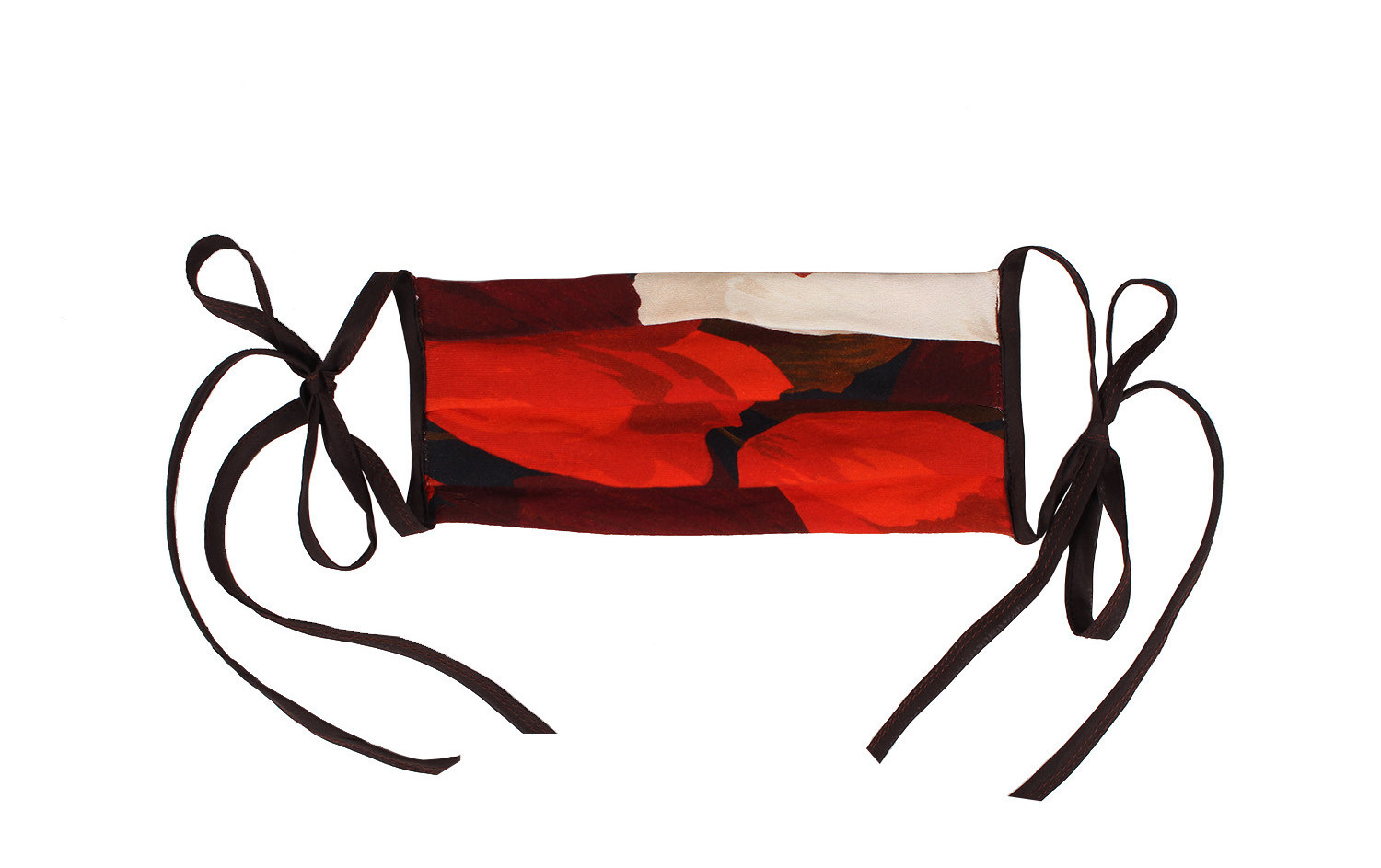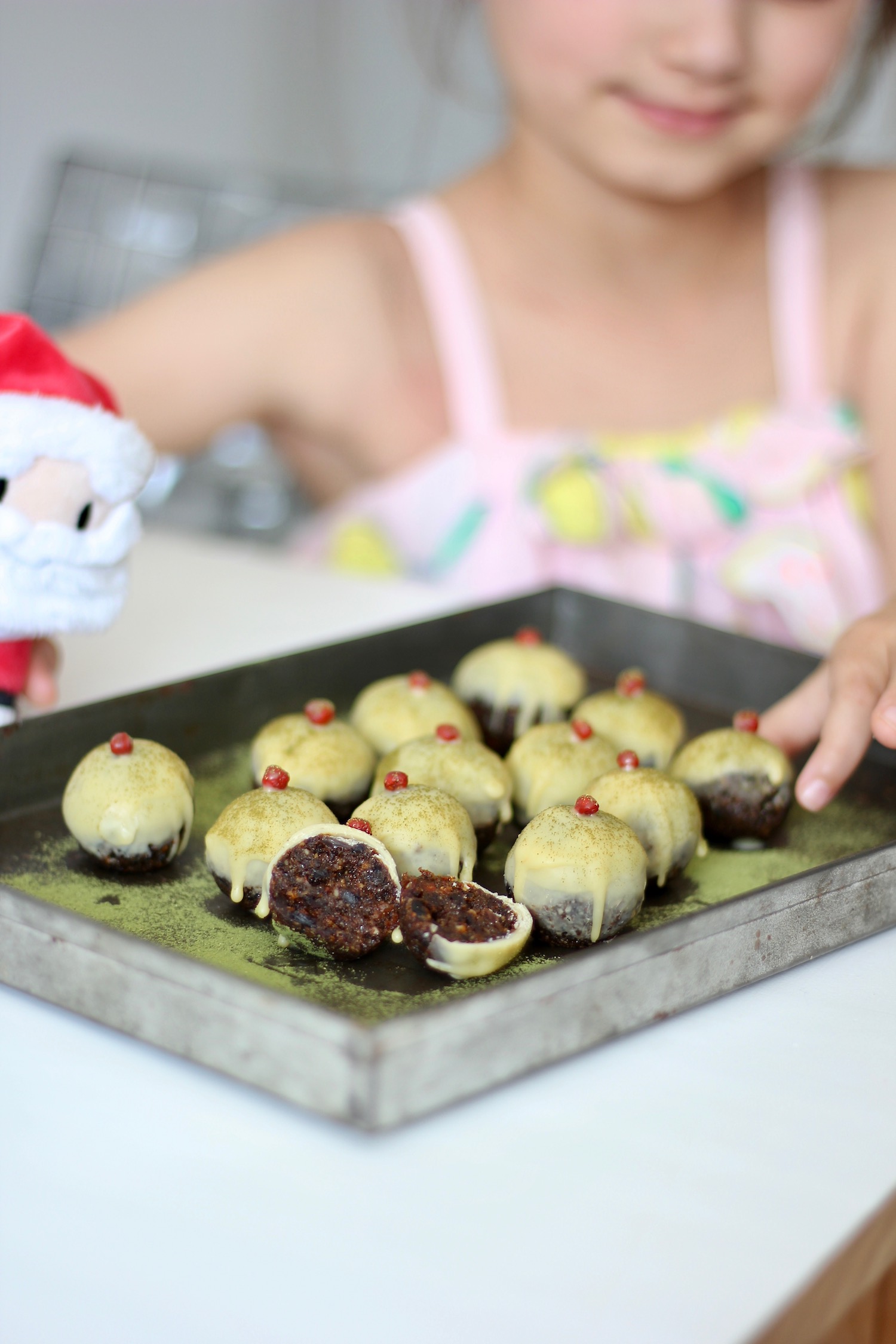Good’s psychology columnist Dr Alice Boyes shares some tips for making the most of ordinary days.
In recent years, we’ve all heard the advice (dare I say it, ad nauseam) that we should approach our days mindfully, and be fully present in our experiences as they’re occurring. “Be grateful” is another popular edict from self-help writers like me. While these tips are all well and good (and are part of making the most of your life), there are numerous other ways you can fill up your cup every day. Here are a few practical ideas.
Remove barriers to pleasure
When I have a bath, I sometimes like to relax and listen to a podcast or audiobook. However, my phone volume isn’t loud enough to hear over the bathroom fan. This is an example of a barrier to experiencing a simple pleasure. Getting a cheap Bluetooth speaker (and a battery pack to charge it) solved this problem. What examples do you have where you need a tool, or a better system, to prevent silly, small barriers from getting in the way of things you enjoy?
Decision making is a common pleasure barrier. For example, having a regular friend-date at a specific time and place can solve the problem of deciding when and where you will get together with a good friend.
Have a “pleasure funnel”
A “pleasure funnel”, as I use the term, is something (or someone) that/who brings a stream of new pleasures into your life. If you like to read or watch TV, having a friend who gives great book or TV-show recommendations is an example of a pleasure funnel. My toddler is part of my pleasure funnel because she’s always doing something new and cute. Everyone is different. My sister loves her weekly My Food Bag, because she gets new dinners to try and doesn’t need to make grocery shopping decisions. Identify three or four things/people that are part of your pleasure funnel.
“Do something every day where you won’t experience the benefits for several years, but where the benefits will accumulate.”
This is career advice from NYU professor Scott Galloway. However, in my view, this principle goes far beyond the career domain. Whenever I’ve learned a new skill or persisted through the anxiety-provoking stage of being a beginner at something, it has almost invariably paid off, often years later. What you accomplish in a day can seem very small, but your accomplishments will add up massively over a period of years.
Learn what to selectively ignore
One of my self-sabotaging habits is being “pennywise but pound foolish”: for example, spending 40 minutes returning a $5 item, or making a special trip to return a library book to avoid a 50c fine when I could take the book back the next day when I’m passing. Know your habits and aim to be less compulsive.
You can have everything, just not everything at once
We’ve all heard the long list of things that are good for us: exercise, yoga, home cooking, sex, seeing friends, etc. It’s exhausting to even think about it all. If you’re feeling overwhelmed, try asking yourself what you most need that particular day. Some days you might need to push yourself to do something scary (or tedious) that you’ve been avoiding – or the most mundane errand (such as buying hair ties) that puts yourself first instead of responding to other people’s priorities. Other days, you might need to just chill for the day and ignore your to-do list. If my mind is racing or I feel very scattered, I might do a meditation. I like doing 30-day projects for skills like yoga and mindfulness, where I do that thing for 30 days straight, and then just do it when I feel like it. Devoting a period of time to daily practice of a skill can give you the knowledge base and comfort you need to dip back in and out later on.
Alice Boyes, PhD, is author of The Healthy Mind Toolkit and The Anxiety Toolkit.





